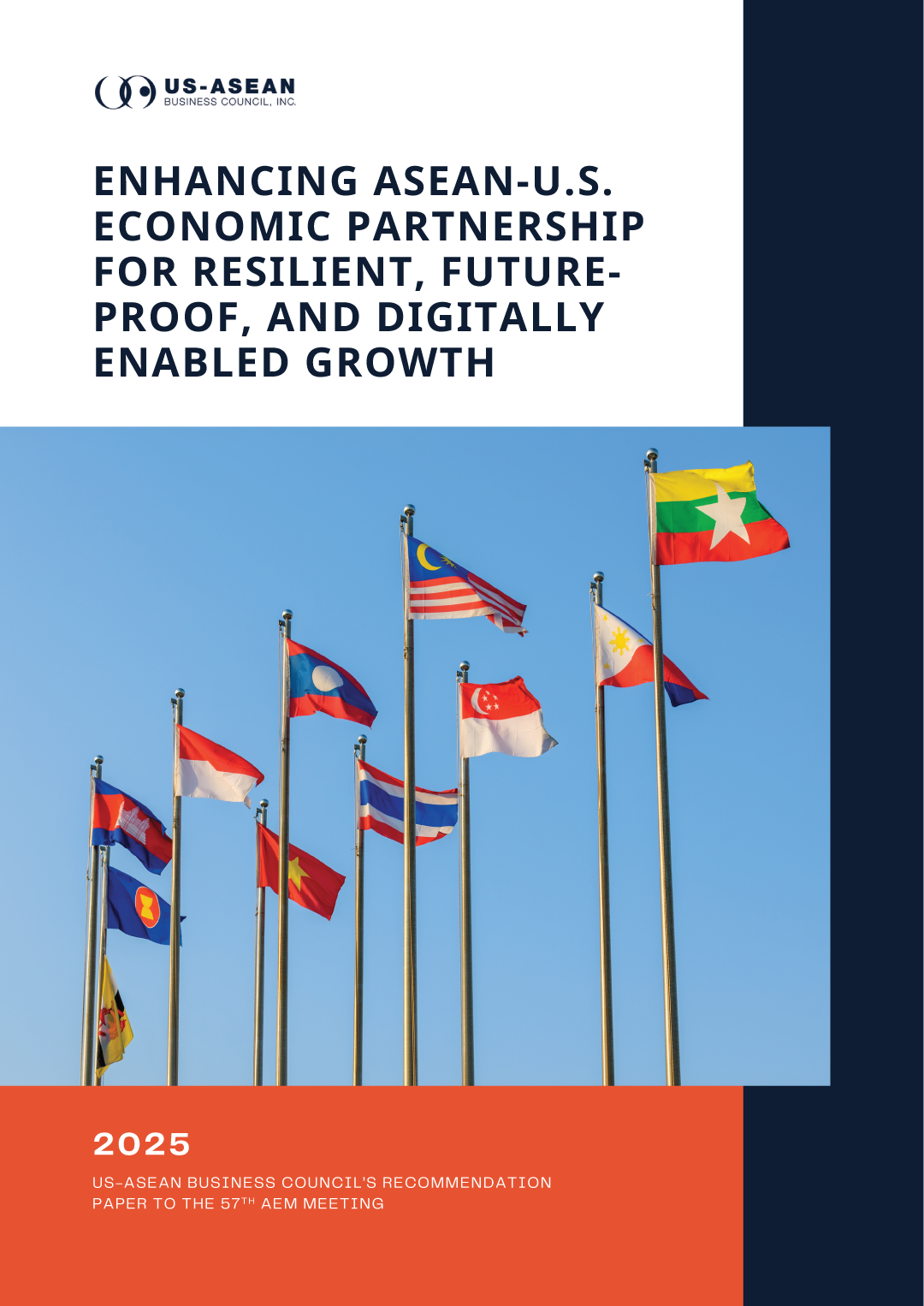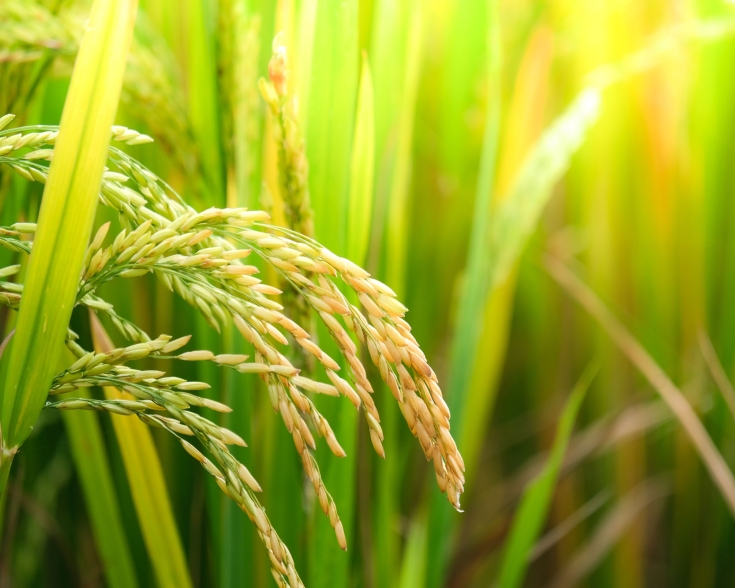Increasing Demands for Alternative Proteins in ASEAN

Southeast Asia finds itself at the forefront of navigating the impacts of climate change in relation to regional food security, which is a top priority in the region’s 2024 agenda. Alongside this, ASEAN nations are witnessing shifts in food consumption behaviors, with a growing preference for brands that emphasize sustainability and social responsibility. This trend has spurred the potential growth of the market for alternative proteins throughout the region. According to a report from Asia Research Engagement, alternative proteins are projected to make up over half of protein production in Southeast Asia by 2060. Fueled by heightened consumer awareness of climate change and a desire for healthier food options, the market size of plant-based meat in Southeast Asia is expected to increase by 25%, reaching US$1.7 billion by 2025.
Notably, Thailand and Singapore have emerged as leaders in fostering the development and expansion of alternative proteins. As of 2020, the value of the plant-based food market in Thailand amounted to approximately 28 billion Thai baht, with forecasts predicting to rise to 45 billion Thailand Bath by 2024. Plant-based food companies have observed a steady increase in consumer acceptance. However, achieving price parity between plant-based meat and real meat remains a challenge. Manufacturers are exploring hybrid innovation to tailor plant-based meat to local palates and flavors, moving beyond the traditional focus on burgers and sausages. Additionally, the government has encouraged manufacturers to minimize the use of additives and to market plant-based meat better as a healthier alternative to conventional meat. Manufacturers in Thailand are actively exploring technologies to efficiently develop cleaner plant-based substitutes.
In contrast to plant-based substitutes, cultivated meat involves the extraction of cells from an animal, which are nourished with protein, sugars, and fats. The cells undergo division and growth before being transferred to large steel bioreactors for fermentation. Some vegetable protein is added, and the product is cooked, and 3-D printed to achieve the desired shape and texture. Singapore is the first country in the world to approve the sale of lab-grown meat. The Singaporean government has earmarked a $100 billion plan to prepare for climate crisis impacts, including a “30 by 30” goal to produce 30% of the country’s nutritional needs domestically by 2030. Although consumer acceptance of lab-grown meat remains a significant hurdle, Singapore remains optimistic about the future of cultivated meat. Whether plant-based, fermentation-derived, or lab-grown, alternative proteins are crucial for climate security and significant opportunities lie ahead for all stakeholders in the plant-based protein sector in Southeast Asia. However, companies must carefully navigate rapidly evolving consumer preferences to optimize their product offerings. As ASEAN strengthens food security measures to mitigate the impacts of future crises and bolster resilience, investors are increasingly attentive to this burgeoning sector.







![Cover-[USABC-Final]-Driving-ASEAN-Unity-Malaysia's-Vision-for-2025](/sites/default/files/2025-07/Cover-%5BUSABC-Final%5D-Driving-ASEAN-Unity-Malaysia%27s-Vision-for-2025.jpg)


